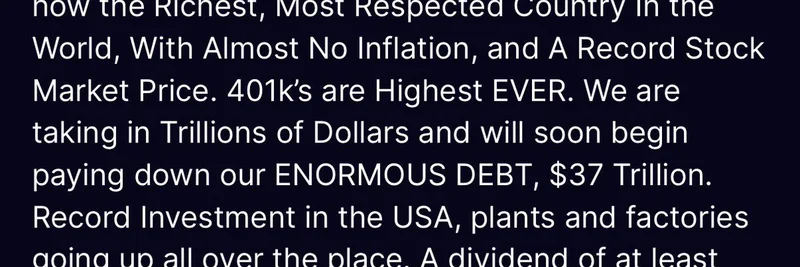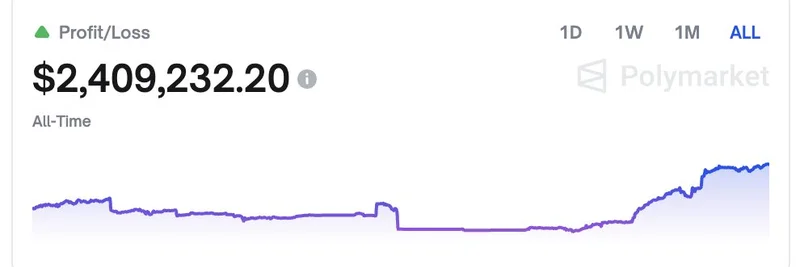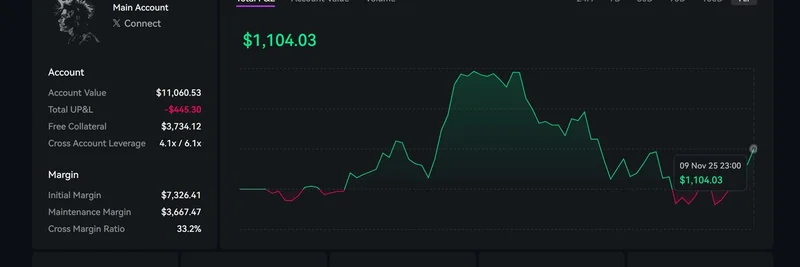In the fast-evolving world of blockchain, where new projects pop up daily, the conversation around token launches often revolves around launchpads—platforms that help projects raise funds and distribute tokens. But what if there's a better way? That's the question posed by Miya from Street Foundation in a recent X post, where they clarify that Street isn't just another launchpad. Instead, it's positioning itself as a new standard for tokens, akin to an upgraded version of ERC-20 or Solana's SPL.
Why Not a Launchpad?
Miya explains that while building a traditional launchpad could be lucrative—taking fees from trading volumes—it would undermine Street's core mission. Launchpads are familiar, but they often lead to competition and short-term thinking. Street, on the other hand, aims to foster a ecosystem where tokens become truly investable assets, not just vehicles for quick gains by VCs or founders.
By avoiding fees and partnering with existing launchpads like Meteora, Aerodrome, Pump.fun, and others, Street enables projects to launch ERC-S tokens seamlessly across multiple platforms. This collaborative approach ensures that energy is directed toward innovation rather than rivalry.
The Bigger Picture: Making Crypto Investable
At its heart, Street is about proving that crypto can handle early-stage, valuable public vehicles. Miya highlights the risks of "impatient and volatile capital" but argues it's worth it for the ongoing revenue, users, and attention it brings. The goal? To shift away from grift-heavy models and toward sustainable growth.
Imagine a high-profile company like a humanoid robotics firm valuing at $100 billion deciding to tokenize 1% of its equity through Street. This creates new revenue streams and funding avenues for mergers, acquisitions, and R&D—all governed by the token holders. It's a step toward democratizing access without the pitfalls of traditional ICOs, which Miya calls out as often unnecessary and a red flag for serious investors.
Upcoming Features: Futarchy and Governance
Looking ahead, Street plans to introduce supporting tools like futarchy-governed markets for treasury management. Futarchy, for the uninitiated, is a governance model where decisions are made based on prediction markets—betting on outcomes to guide choices. This could handle scenarios where large firms tokenize small equity portions, ensuring accountability.
Miya mentions building this on Base, with the first ERC-S launch expected by the end of the month. Importantly, Street lobbies against retail ICOs, preferring VC funding to avoid exploiting unaccredited investors.
Implications for Meme Tokens and Beyond
For meme token enthusiasts, this is intriguing. Meme coins often thrive on hype but suffer from lack of structure. Street's standard could bring more legitimacy, making them attractive to serious capital without losing their viral appeal. As crypto VCs pivot to fields like robotics due to waning excitement in blockchain, initiatives like Street are crucial to revitalize the space.
Crypto's future hinges on innovations that prioritize long-term value over quick flips. Street's approach—focusing on standards, collaboration, and governance—could be the key to keeping blockchain relevant and investable.
If you're building in crypto or just curious about meme tokens' evolution, keep an eye on Street. It's not about launching pads; it's about launching a new era.



